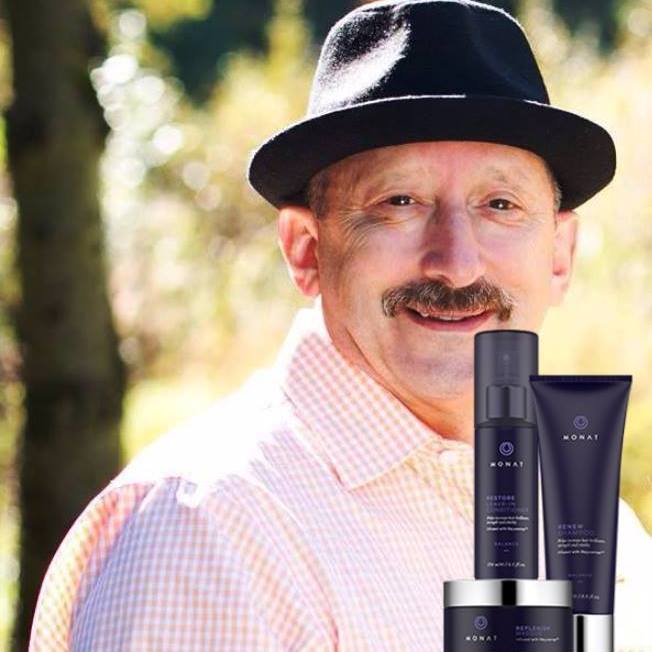- Improve your diet: Eating a balanced diet that includes protein, vitamins, and minerals can help improve hair health and prevent hair loss. Foods like eggs, nuts, leafy greens, and fatty fish are all great for promoting healthy hair.
- Manage stress: Stress can contribute to hair loss, so finding healthy ways to manage stress can help prevent hair loss. This can include activities like exercise, meditation, and therapy.
- Use gentle hair care products: Harsh chemicals in hair care products can damage hair and contribute to hair loss. Look for gentle, natural hair care products that are free of sulfates, parabens, and other harmful ingredients.
- Avoid tight hairstyles: Tight hairstyles like braids, ponytails, and cornrows can put too much tension on the hair and contribute to hair loss. Opt for looser hairstyles that are gentler on the hair.
- Protect your hair from heat: Excessive heat styling can damage hair and contribute to hair loss. If you must use heat styling tools, use a heat protectant spray and avoid using high heat settings.
- Treat underlying medical conditions: Hair loss can be a symptom of underlying medical conditions like thyroid disorders or autoimmune diseases. Treating these conditions can help prevent hair loss.
- Consider hair loss treatments: There are several hair loss treatments available, including medications like minoxidil and finasteride, as well as hair transplant surgery. Talk to a dermatologist or hair loss specialist to determine the best treatment option for you.
Remember, hair loss can be caused by a variety of factors, and there is no one-size-fits-all solution. It’s always best to consult with a medical professional if you are experiencing significant hair loss or thinning.
